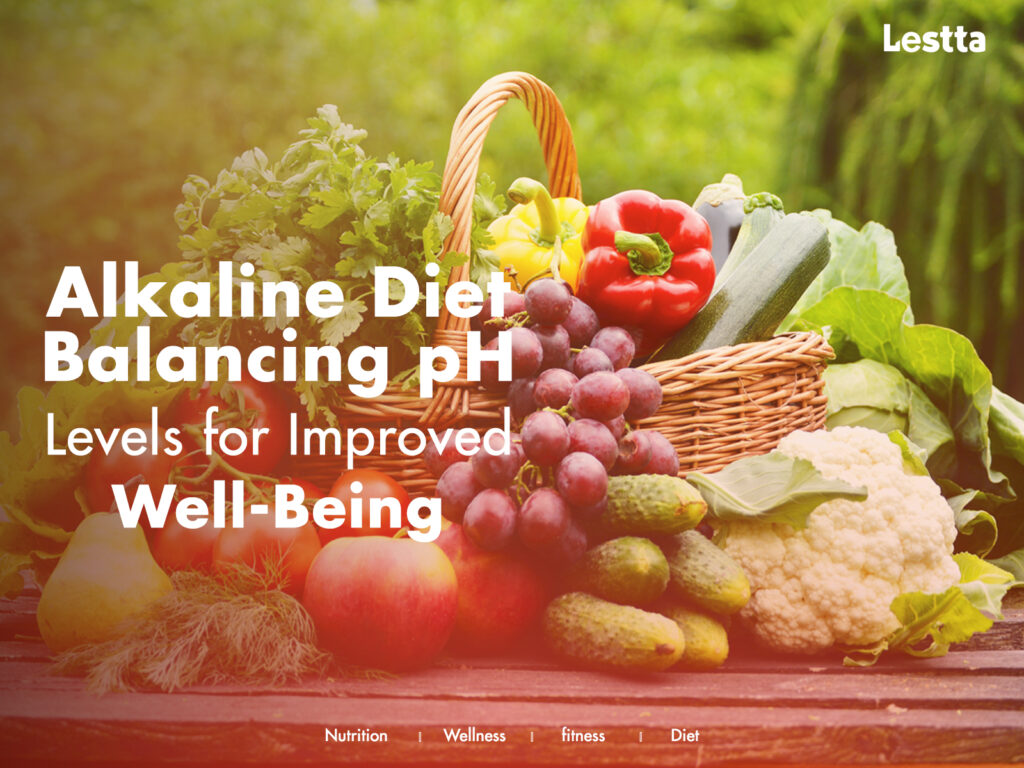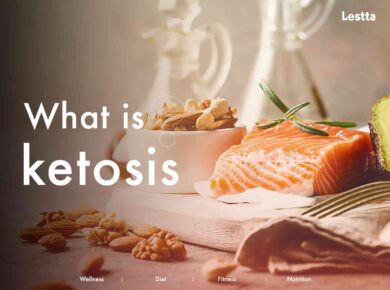
In our pursuit of optimal health and well-being, we often encounter various dietary trends. One such approach gaining popularity is the alkaline diet. In this article, we will delve into the principles of the alkaline diet. Know its potential benefits, and the foods to include in your daily meals to maintain a more alkaline state.
Understanding this Diet

The alkaline diet is based on the belief that certain foods can influence the body’s pH levels. This measures how acidic or alkaline our internal environment is. The pH scale ranges from 0 to 14, with 7 being neutral. People consider pH level below 7 as acidic, while a pH level above 7 is alkaline.
Proponents of this diet argue that consuming too many acidic foods can disrupt the body’s pH balance, leading to various health issues, and that eating alkaline-promoting foods can help restore harmony.
Alkaline-Promoting Foods

- Fruits and Vegetables: Fresh fruits and vegetables are the foundation of the alkaline diet. Many of these foods, such as leafy greens, cucumbers, avocados, and citrus fruits, are considered highly alkaline. They are also rich in essential vitamins, minerals, and antioxidants, which contribute to overall well-being.
- Almonds and Almond Milk: Almonds are an alkaline-forming nut that provides healthy fats, protein, and fiber. Almond milk is an excellent alternative to dairy milk for those following the alkaline diet.
- Herbal Teas: Herbal teas are alkaline-forming beverages that can help to maintain a balanced pH level.
- Plant-Based Proteins: Protein sources are considered alkaline-forming and can be integrated into a balanced alkaline diet.
- Healthy Oils: Certain oils, such as olive oil and coconut oil, have an alkalizing effect and can be used for cooking and dressing salads.
Benefits of this Diet

- Improved Digestion: it emphasizes fiber-rich fruits and vegetables, promoting better digestion and regular bowel movements.
- Increased Energy Levels: Some proponents of the alkaline diet claim that it can boost energy levels and reduce fatigue, although more research is needed in this area.
- Better Bone Health: High consumption of fruits and vegetables provides essential minerals like calcium and magnesium, which are crucial for maintaining strong bones.
- Reduced Risk of Chronic Diseases: it encourages the consumption of whole, nutrient-dense foods, potentially reducing the risk of chronic conditions like heart disease and diabetes.
- Weight Management: By focusing on natural, plant-based foods, the alkaline diet may support weight loss and weight management goals.
Balancing this diet

While the alkaline diet has its merits, it is essential to strike a balance and not overlook the importance of other dietary elements. Moderation is key, as excessively restricting certain foods, such as healthy fats and proteins, could lead to nutrient deficiencies.
Additionally, the body has its own internal mechanisms to regulate pH levels, and the impact of dietary pH on blood pH is a subject of debate among experts. Therefore, people see this diet as a complement to an overall healthy lifestyle rather than a standalone solution.
Conclusion
This type of diet advocates consuming alkaline-promoting foods to help balance the body’s pH levels, aiming for improved well-being and potential health benefits. Emphasizing fruits, vegetables, nuts, and herbal teas can certainly contribute to a nutritious and healthful diet.









